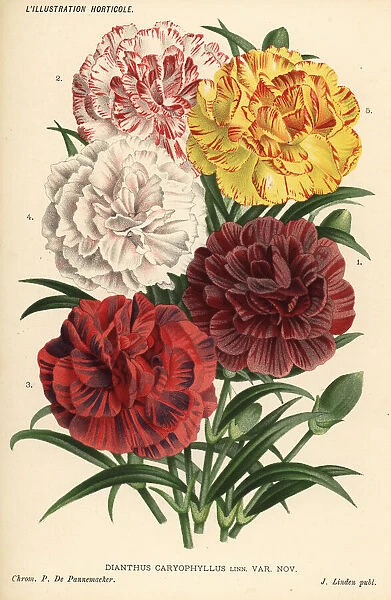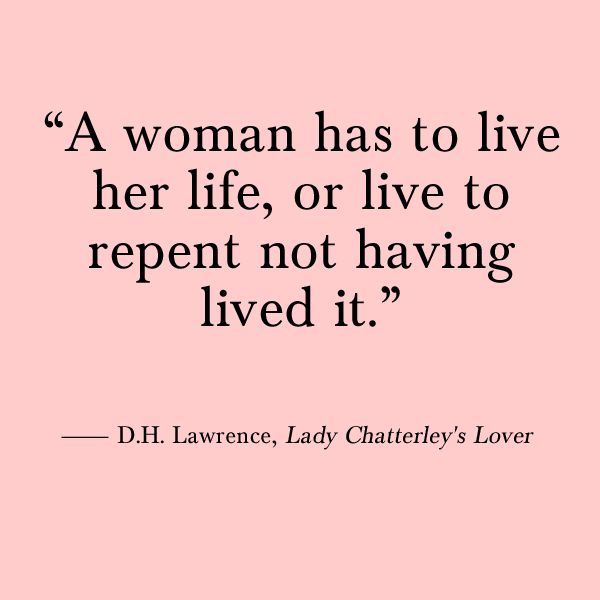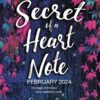#SundayBuddyRead August
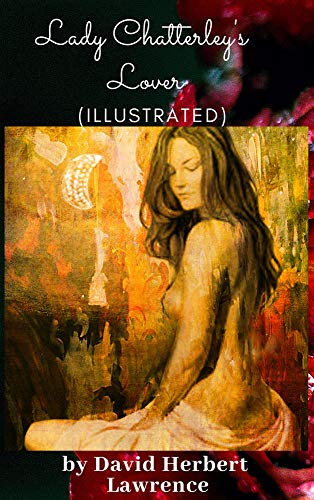

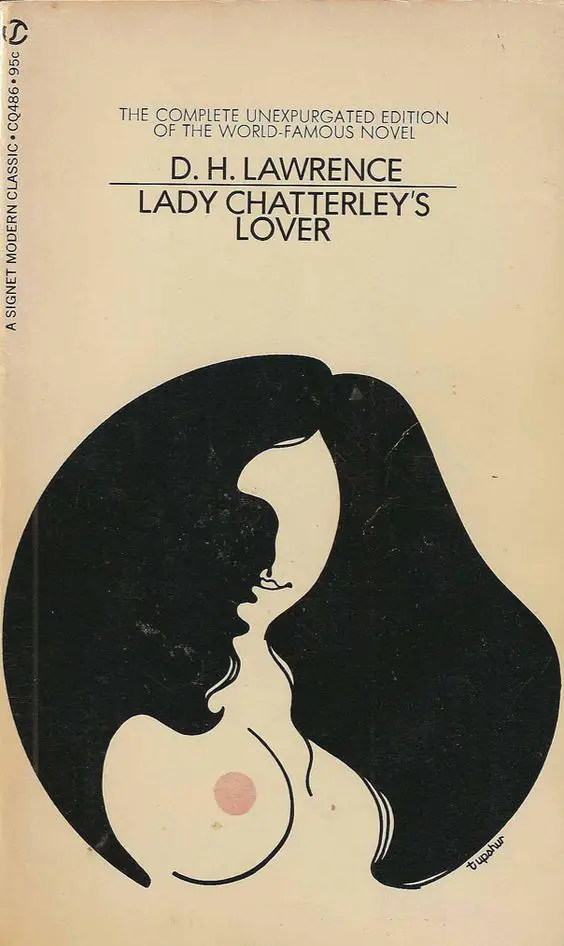
One of the most banned books of all time, supposedly for the explicit detail of the anatomy of sex, or that -GASP- a woman gets to orgasm and control her own sex life. Upon reading you will find out it has, for the time, definitely frank blunt talk about sex in this one mans opinion, but it also goes into great length about classism and socialism, war, relationships, gender, money, power, coal mining, industrialism, white men losing their grip on control…..hidden homophobia, veiled not a neatly as the author probably believes.
Some of the prose is absolutely stunning and then you read on and want to throw the book. The descriptions of sex are mainly about the parts in weird graphic detail and it is not done well, it is not sexy or romantic or written in a way anyone would ever want to even have sexual relations….. clearly the author was trying to work something out.
I believe one of my co-readers said it best “Some passages of truly beautiful prose & lucid insight into the human condition, marred by a terribly ugly & reactionary worldview that made me feel trapped by a heavy sense of desolation as I read it. It’s definitely a glimpse into the tortured psyche of D.H. Lawrence. But ultimately what comes through is a general hatred of people, especially “weak” people, & the types of difference that make people human & flawed.” ~ Subashini aka batsy. She is right. Reading it with almost 20 other readers helped with perspective and insight.
I also spent a great deal of time looking into how the world was when this was written and into the author DH Lawrence’s life. I am not sure if he ever figured out where he fit on the spectrum of gender or gained self worth or confidence. I assume he was sick already when he wrote this, as such, it doesn’t look good. I hope he didn’t die as miserable as he sounded to us, his readers.
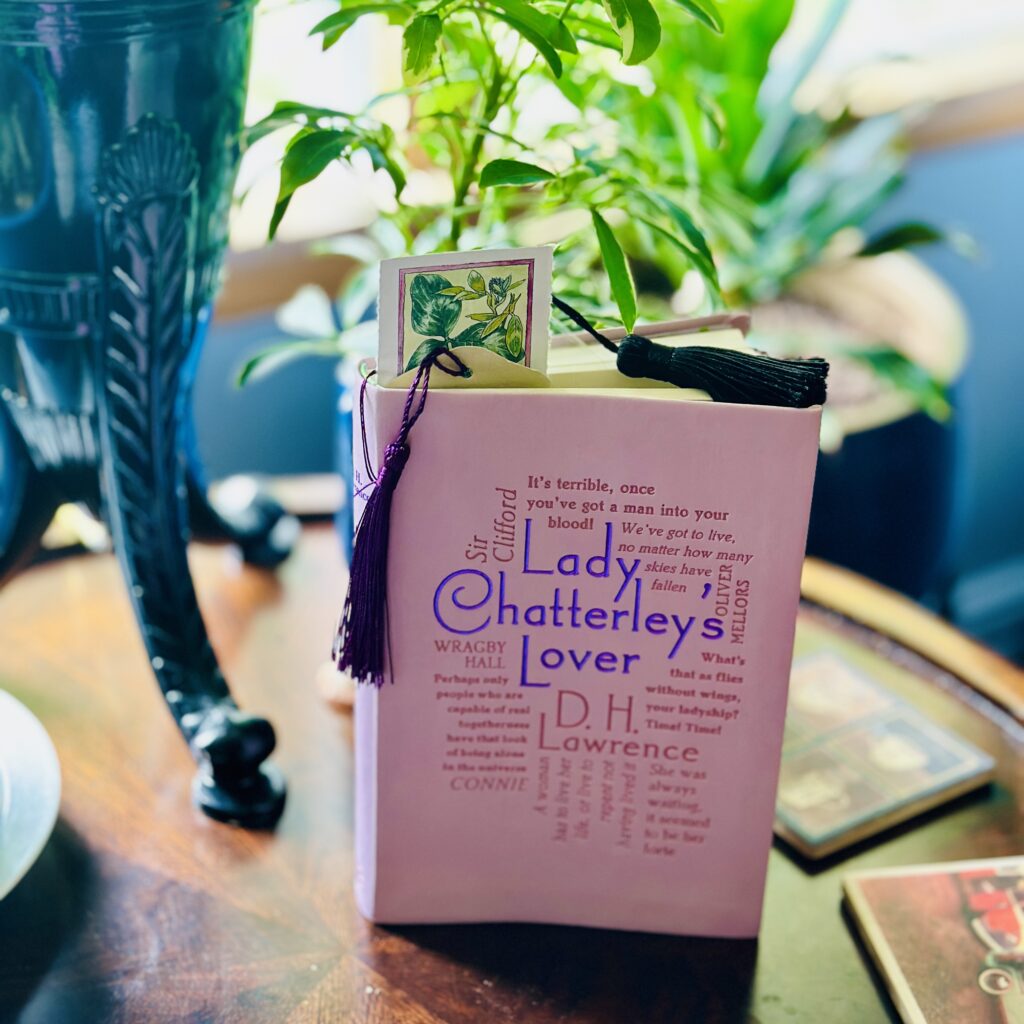
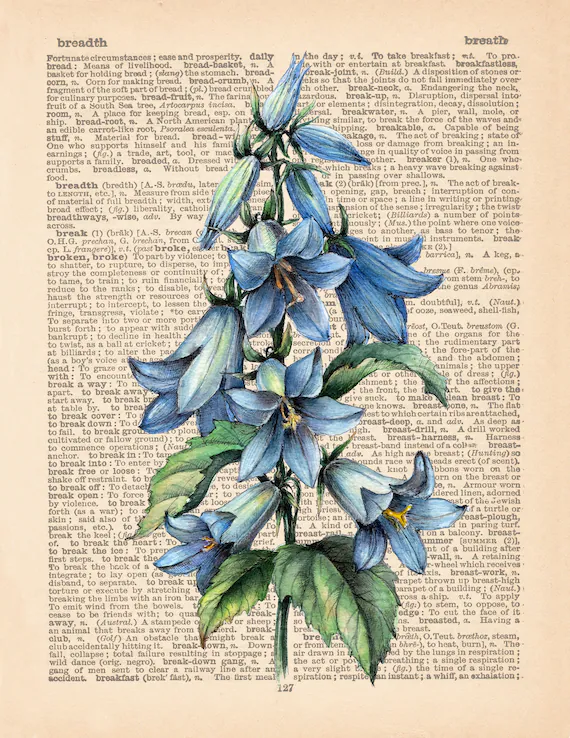


The books ending is a shocker as in, IT JUST ENDS. Known at the time as to be written in The Modern Condition. “The Modern Condition” can be understood as having its philosophical roots in the Enlightenment and Romanticism, and its historical roots in the Industrial Revolution, Colonialism and the major wars and genocide of the late Nineteenth and Twentieth Centuries. Enlightenment argued that Rationality and Freedom would save man from himself, and Romanticism argued that Love and Emotion would correct the sterility and “heartlessness” of the Enlightenment, but Modernism is in many ways a critique of the empty or impossible promises of both previous movements: both the Enlightenment and Romanticism offered some excellent ideas, but how many people really took them to heart and/or act upon them? In other words, did they really improve our lot as human beings or did they simply present another set of equally brutal problems? Thus this book.
